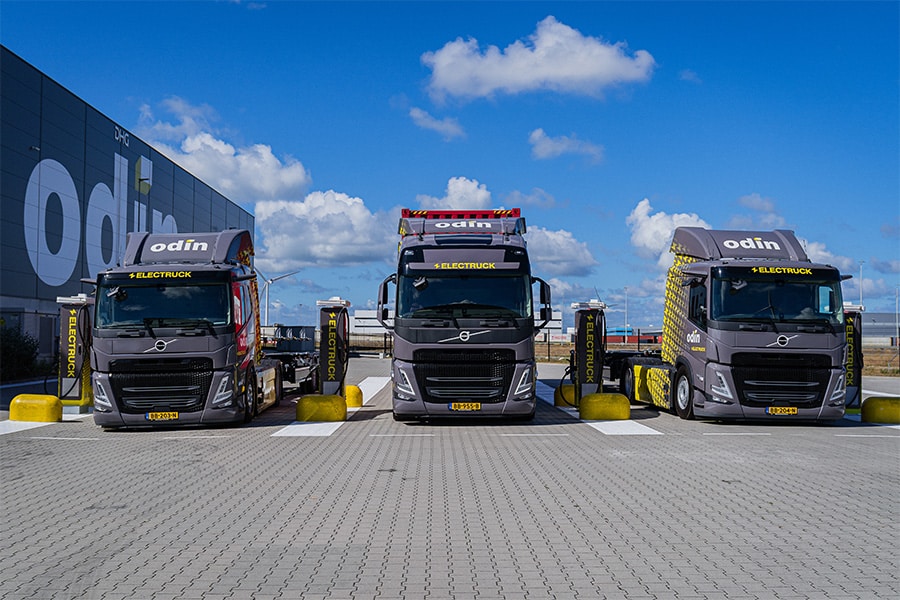
MASP-C: multi-year strategic plan for electronic customs.
With the Multi-Annual Strategic Plan for Customs (MASP-C), the EU aims to modernize and improve electronic customs systems within member states. The goal? To completely replace all paper-based customs procedures by 2025, increasing security at the European Union's external borders and promoting internal trade.
Key principles
Information Technology: MASP-C promotes the use of advanced information technologies to improve and automate customs processes. Consider electronic data exchange, blockchain, big data analytics and artificial intelligence.
Interoperability: the plan emphasizes the importance of interoperability between customs systems and processes so that customs authorities, companies, logistics players, freight forwarders and other interested parties can seamlessly exchange information with each other.
Risk management: MASP-C encourages the use of advanced risk management practices, using data and analysis to identify potential risks and implement targeted controls.
Cooperation: the plan focuses on the importance of cooperation between customs authorities at the national and international levels, combined with cooperation with the private sector to address common challenges.
Five major advantages
1. The MASP-C provides good legal, business and technical governance for new customs IT projects.
2. All EU customs systems are aligned with the Union Customs Code (UCC) and the Common Transit Convention (CTC).
3. The plan promotes more efficient trade.
4. MASP-C lays the foundation for more secure EU external borders.
5. Smuggling and fraud are addressed thanks to more traceable processes.
Implementation through six applications
The implementation of the MASP-C is done through these applications:
- ICS2 (Import Control System): an improved system for customs control of incoming goods to the EU.
- PN/TS (Presentation Notification / Temporary Storage): a modernization of the New Computerized Transit System (NCTS) used to monitor the movement of non-EU goods through the EU.
- IDMS (Information and Data Management System): plays a crucial role in the flow of data and information between different customs authorities within the EU.
- CCI (Customs Control Information): focuses on improving customs controls through better information sharing and risk assessment.
- NCTS (New Computerized Transit System): an existing system that is being renewed and expanded under MASP-C. The system uses advanced IT solutions to monitor the movement of goods through the EU.
- AES (Automated Export System): aimed at automating export procedures within the EU. This system facilitates electronic submission of export declarations and ensures faster and more accurate processing of export documents.




